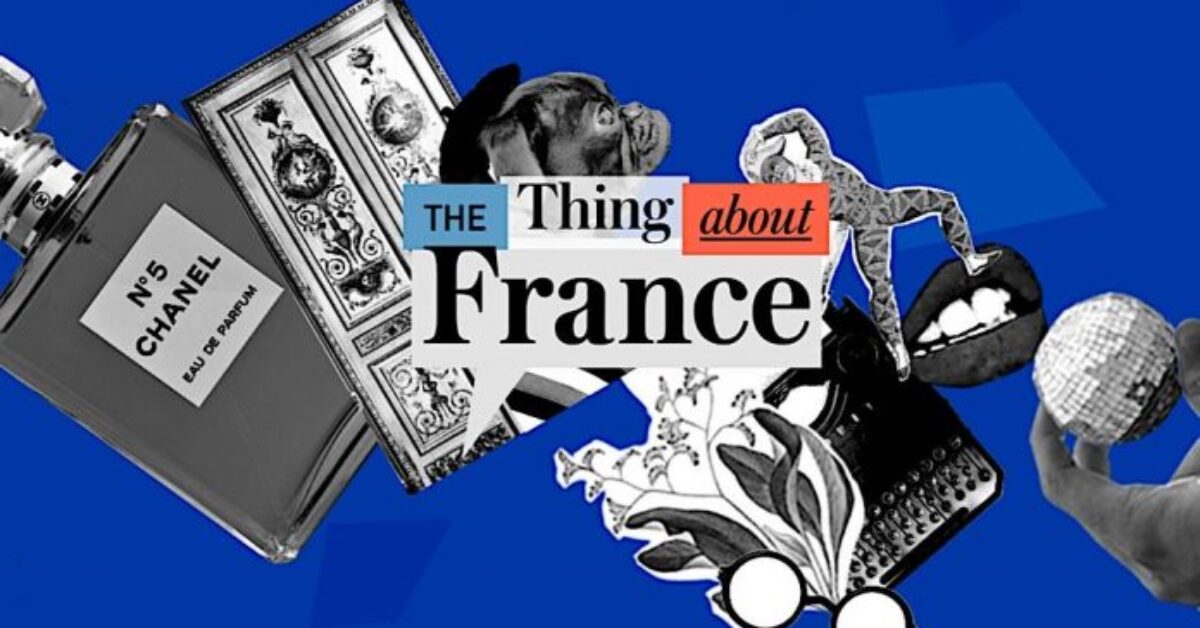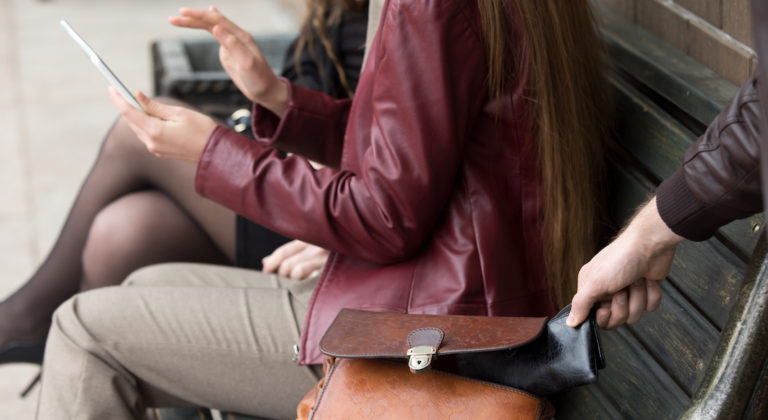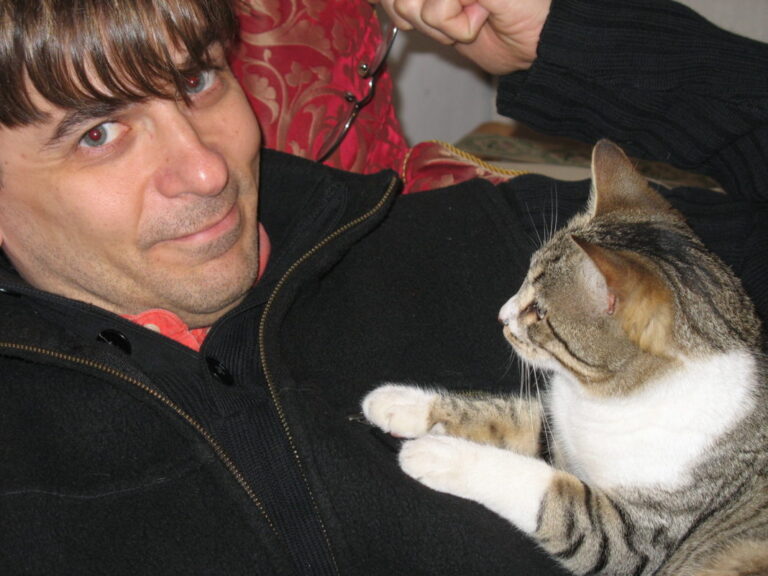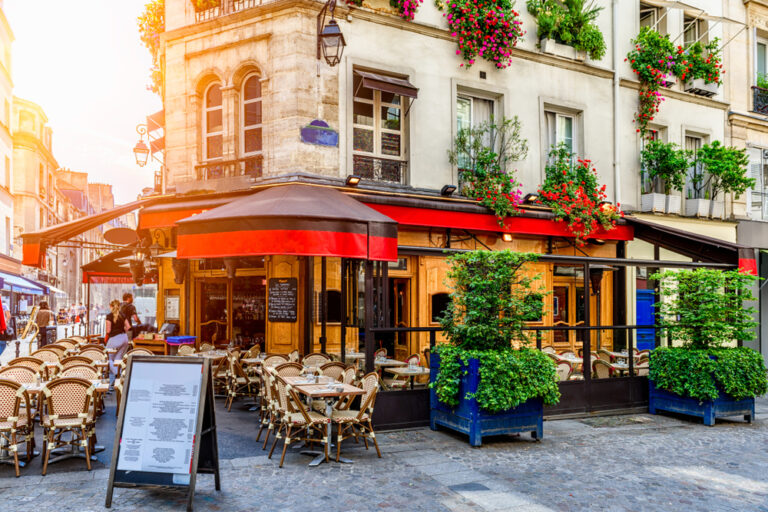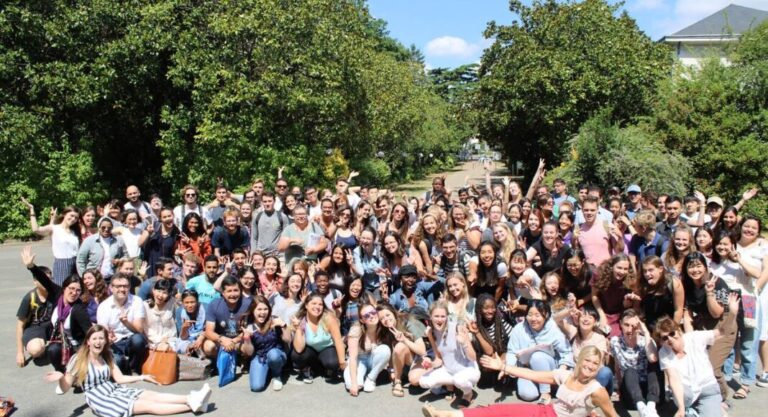“I had these kind of horribly outdated returning-GI ridiculous clichés that had somehow percolated their way to me, like that there was no toilet paper in France and that French women didn’t shave their armpits.”
New Yorker staff writer Lauren Collins didn’t set out to be a francophile. She never planned on learning French or building a life in a country she knew nothing about besides what she may or may not have learned from old World War II stories. But when a handsome Frenchman named Olivier came to call, all of this changed faster than you can say enchanté.
This week’s episode of the francophile podcast, The Thing About France, hosted by New York Times literary critic Liesl Schillinger, takes a look at Americans in lockdown in Paris, at a time when 17% of native Parisians have fled the capital due to concerns for COVID-19. In Season 3 Episode 3, Schillinger and Collins talk about how quarantine has affected the “village-y” feel of the city, the strangeness of walking through deserted tourist hubs, and what to do if you have contact your favorite butcher via WhatsApp.
Collins also goes into her experiences learning French late in life, as documented in her memoir, When in French: Love in a Second Language. She lives in Paris with her husband and two children (both with names that can be easily pronounced in French or English, a bicultural must), though the book was written during her time in Geneva, where she moved for her husband, Olivier, who she met in London. Her anecdotes are funny as well as horrifying, from calling her husband by a pet name for fear of mispronouncing his name, to public speaking anxiety around French children. “If you can make yourself heard and known to a bunch of kindergarteners, then you’re there, because that’s a tough crowd. No five-year-old is going to try to make you feel better or meet you halfway.”
You’ll also get an inside look at the Alliance française, France’s “word factory,” and some of the cleverer phrases being minted right now. (Top marks to “mecspliquer,” the French version of “mansplaining.”)
As a journalist, Collins is always supposed to be objective, which can be difficult when you’re dealing with deeply-ingrained cultural stereotypes. “I think there is this idea that everything from France is fancy, and I think that’s an interesting cliché to take on, and try to examine, and also deflate in foreign correspondence from France.” She cites books like Alice Pfeiffer’s Je Ne Suis Pas Parisienne, an excellent breakdown of stereotypes of French women, and les parisiennes in particular.
Interested in reading more from Collins? For a deeper (and definitely darker) dive, you can read her recent New Yorker essay, “Reinventing Grief in an Era of Enforced Isolation.”
Alternatively, you can check out our coverage of Season 3, Episode 2, where writer Thomas Chatterton Williams looks at race and philosophy in France.

